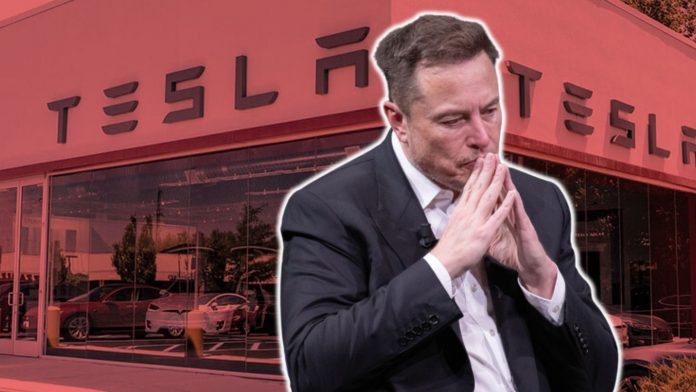Elon Musk is one of the few tech CEOs who has polarized audiences. From his internet campaign against what he terms the “Woke Mind Virus” to his vulgar attacks on anyone who deviates from his ideological viewpoints and his amateurish public cash flow analysis of competing EV businesses, Musk’s antics appear to be impacting Tesla.
Market intelligence firm Caliber has reportedly found that the percentage of potential Tesla buyers in the United States is decreasing due to Musk’s behavior. The firm’s research indicates that the “consideration score” among potential Tesla buyers dropped from 70% in November 2021 to 31% in February 2024, according to information obtained by Reuters.


Caliber's "consideration score" for Tesla
Although aggressive price reductions helped Tesla maintain a solid sales growth trajectory last year, the EV manufacturer is anticipated to report below-average quarterly sales.
Meanwhile, competitors like Mercedes-Benz, BMW, and Audi have seen their consideration scores rise to 44-47%. Although Musk said that Tesla was “recession resilient,” he also stated that “even the best ship is still going to have tough times.” Furthermore, Caliber CEO Shahar Silbershatz stated, “It’s very likely that Musk himself is contributing to the reputational downfall.”
According to the Caliber survey, 83% of Americans associate Musk with Tesla.
However, Musk’s frequent use of X, the former Twitter, may harm his EV company. Additionally, he has been more aligned with the Republican party, whose members have opposed EVs and even threatened to veto EPA rules intended to lessen air pollution, address climate change, and enhance public health.
In addition, a few months of less rapid than anticipated EV sales growth, growing competition, and the danger of low-cost Chinese EVs sneaking into the U.S. through the Mexico backdoor have put pressure on Tesla.
However, Caliber’s “consideration scores” only provide a partial picture. Regarding brand loyalty, several data insights companies, including S&P Global, Wards Auto, and Citi, have declared that Tesla is the best. The majority of Model 3 and Model Y consumers are return customers. According to S&P data, more than 68% of Tesla customers were repeat purchases in the first half of 2023, which means that only roughly 31% of Tesla consumers switched to another brand.





